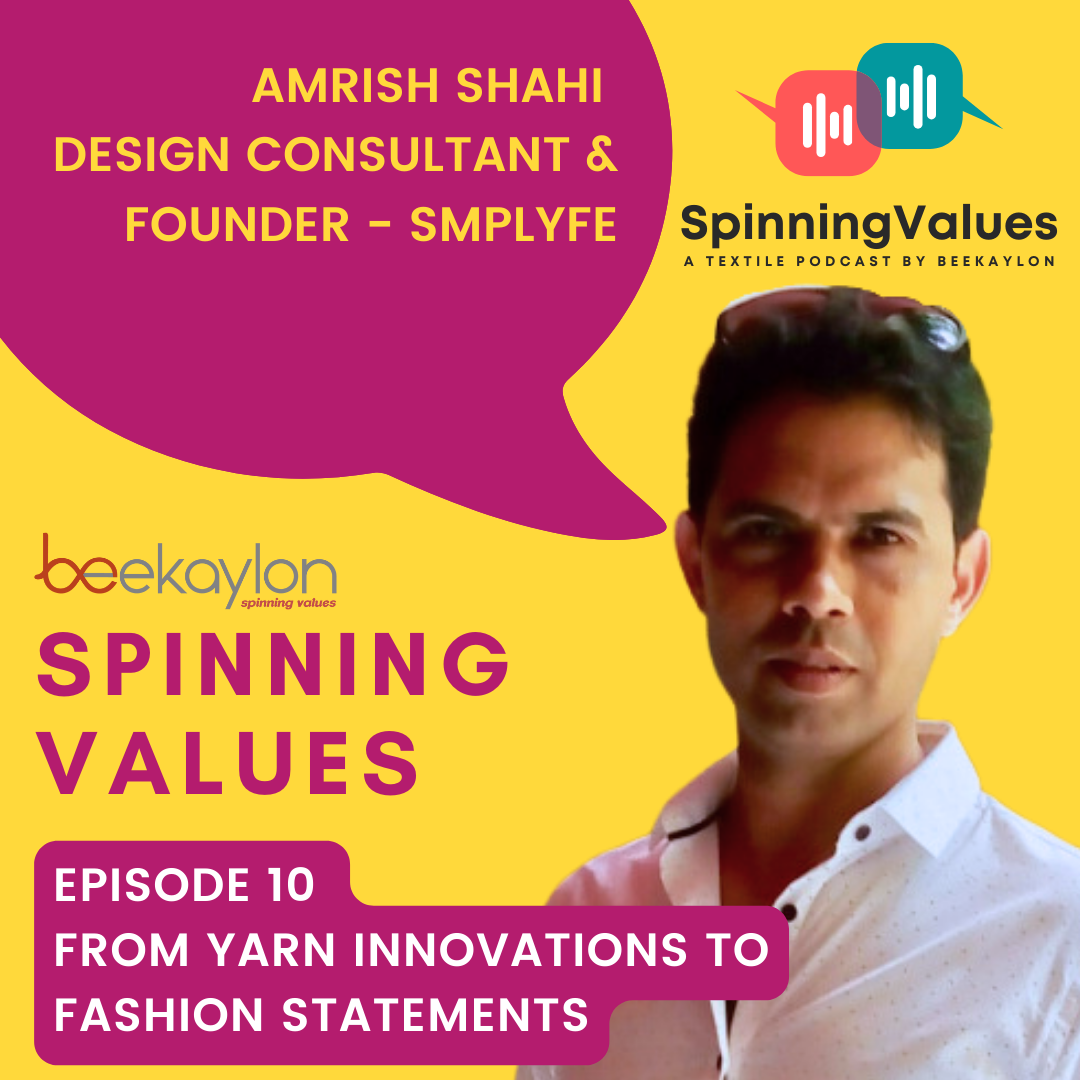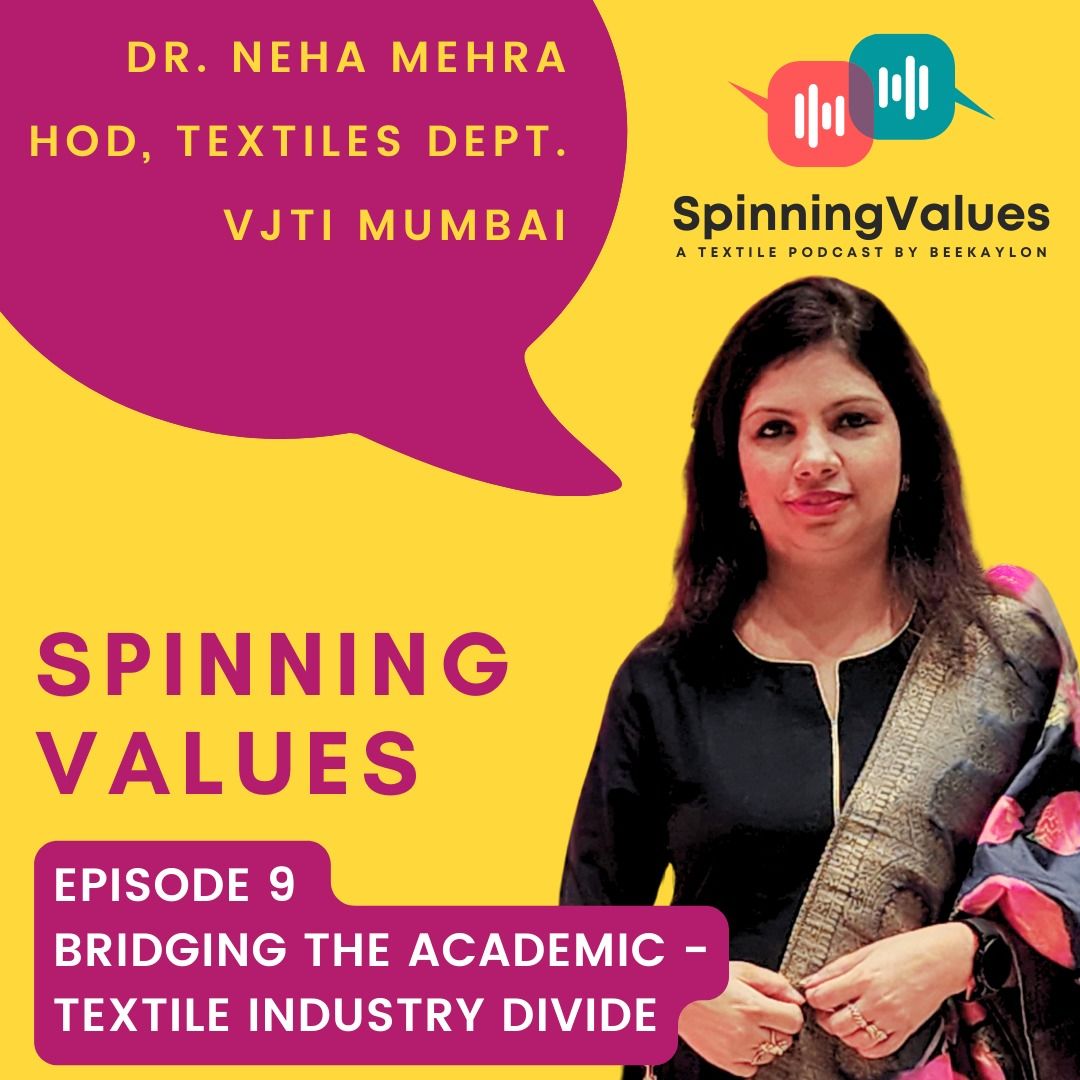Continuous Polymerization in Polyester Yarn Manufacturing: A Seamless Innovation
Polyester yarn, a versatile and widely-used textile material, owes much of its success to innovations in manufacturing processes. One such innovation that has revolutionized the production of polyester yarn is continuous polymerization. This method has not only improved efficiency but also raised the bar for quality and sustainability in the textile industry.
Understanding Polyester Yarn Manufacturing:
Polyester yarn, made from polyethylene terephthalate (PET), has a synthetic origin. The process begins with the production of polymer chips, which serve as the raw material for yarn production. Traditional methods involved batch polymerization, where polymer chips were produced in discrete batches, introducing inefficiencies and complicating quality control.
Enter Continuous Polymerization:
Continuous polymerization, as the name suggests, is a seamless and uninterrupted process for producing polymer chips. It offers several key advantages:
- Efficiency: Unlike batch polymerization, which involves start and stop process, continuous polymerization is an ongoing process. This results in reduced downtime, energy savings, and enhanced productivity.
- Quality Control: Continuous polymerization allows for consistent quality throughout the production process. It minimizes the variations seen in batch processes, ensuring a higher quality end product.
- Environmental Benefits: This method often requires fewer resources and generates less waste compared to batch processing, making it a more environmentally friendly option. Reduced energy consumption is also a significant benefit.
- Customization: Continuous polymerization offers greater flexibility for tailoring the polymer chips to specific requirements, such as yarn denier or texture.
Implications for the Polyester Yarn Industry:
The adoption of continuous polymerization has transformed the polyester yarn manufacturing industry in several ways:
- Improved Quality: Yarns produced from polymer chips produced through continuous polymerization are known for their consistent quality. This is particularly vital in applications where yarn strength, uniformity, and durability are critical.
- Sustainability: Reduced energy consumption and waste generation make continuous polymerization an eco-friendly choice, aligning with the textile industry's increasing focus on sustainability.
- Cost Efficiency: The continuous process is more cost-effective in the long run due to improved efficiency and reduced resource usage.
- Customization: Manufacturers have the flexibility to tailor polymer chips to meet the specific demands of various yarn types, opening up new possibilities for product diversification.
Beekaylon has embraced backward integration by venturing into the production of polyester resin through the continuous polymerization process (CP). This strategic move not only ensures the quality and stability of our polyester yarns but also shields us from the fluctuations in resin prices. We have added a cutting edge Continuous Polymerisation Plant in our manufacturing facility producing PET Chips, having a Capacity of 9000 MT per Month.
We're proud to power our processes with a biomass heating system, ensuring we steer clear of fossil fuels as a primary energy source. This not only reduces our carbon footprint but also reflects our dedication to sustainability.
But that's not all! We take energy efficiency to the next level. By harnessing system-rejected heat, we transform it into chilled water for our air conditioning system. This ingenious approach not only saves energy but also makes a significant contribution to our mission of environmental responsibility.
This integrated approach not only makes a significant contribution to our mission of environmental responsibility, but, also gives us a competitive edge in delivering consistent, high-quality polyester yarns while maintaining cost-efficiency.
In conclusion, continuous polymerization has not only streamlined the manufacturing of polyester yarn but has also raised the industry's standards for quality and sustainability. As consumer demands for eco-friendly and high-quality textiles continue to grow, this innovation serves as a cornerstone in the polyester yarn manufacturing sector, ensuring its relevance and prosperity in an ever-evolving textile landscape.

Want more information?
Beekaylon Synthetics Pvt Ltd.
15-17 Maker Chambers III, 1st Floor, Jamnalal Bajaj Road, Nariman Point, Mumbai, Maharashtra 400021, India
+91-22-43530400


